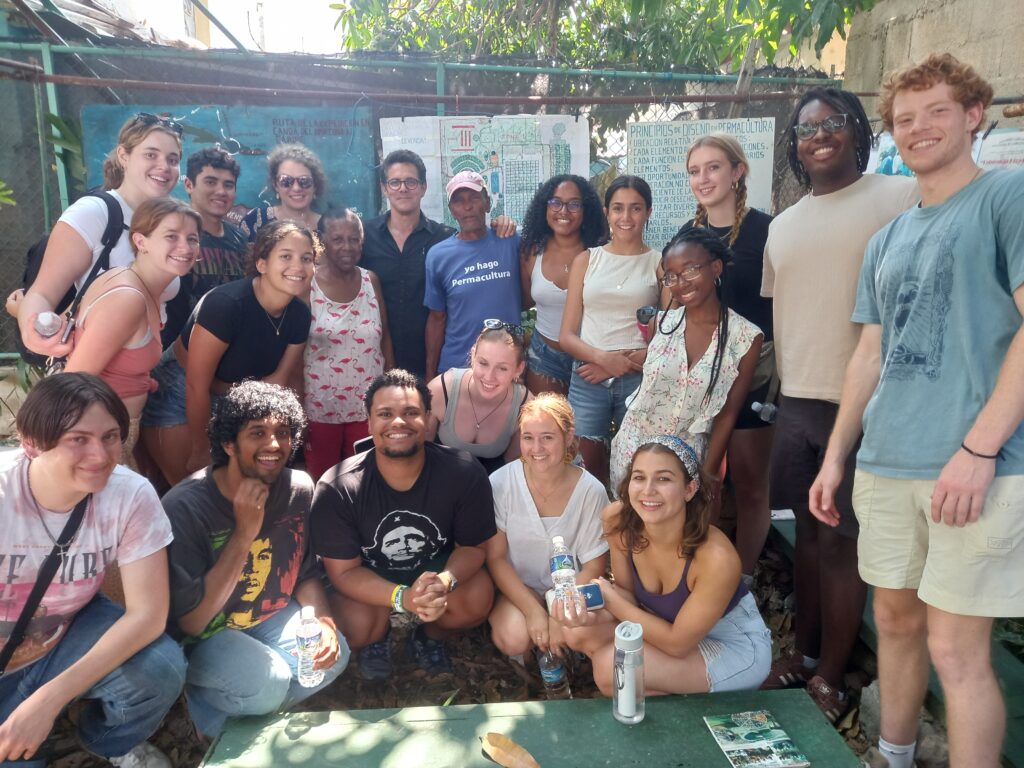HIST 285: Cuba: Race, Politics, and Environment
Study Abroad in Cuba in Collaboration with La Fundación Antonio Nuñez Jiménez de la Naturaleza y el Hombre

DESCRIPTION: Cuba has inspired, triggered, and obsessed many generations of outside observers; it has never left them indifferent. This course explores the role of popular politics in Cuba’s trajectory from the status of a sugar colony to socialist state. How have movements for racial, class, and gender inclusion shaped this island’s history? How has a popular insurgent imagination persisted on the island throughout the past two hundred years in the context of outside military intervention, economic embargoes, food insecurity, and large-scale migration?
The sugar plantation and its legacies have profoundly shaped Cuba’s society, culture, and environment. Cuba was one of the first territories in the Americas to be colonized by European powers, yet one of the last to gain independence. It was also the largest sugar producer for the world markets and the second-to-last to abolish slavery in the Western Hemisphere during the nineteenth century. Yet, at the turn of the twentieth century, Cuba’s political leadership claimed to be ruling in the name of racial democracy. After 1959, across the globe, some saw in the island a symbol for popular struggles in the name of social justice and economic redistribution, while others deplored it as a bastion of authoritarianism. The course will encourage us to think through these seeming contradictions. We will reflect on the ways people who lived on the island conceived of processes affecting them, from colonialism, slavery, or nationalism to land dispossession, democracy, food insecurity, and the United States—the country with which Cuba has had one of the most intimate, even though tense relations.
